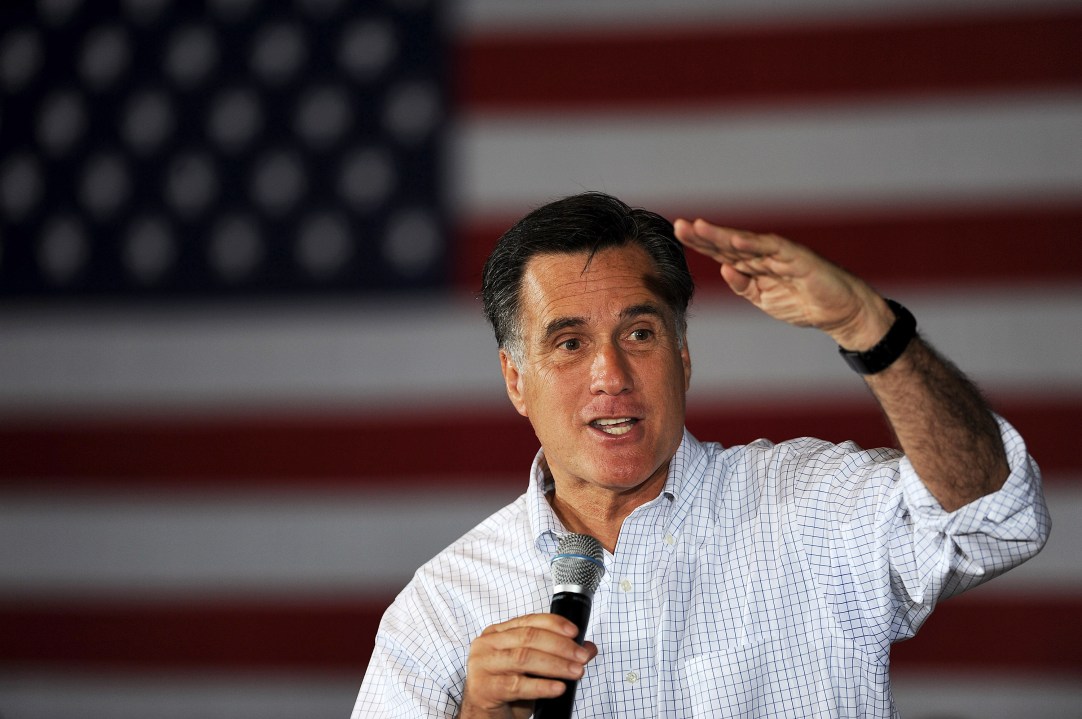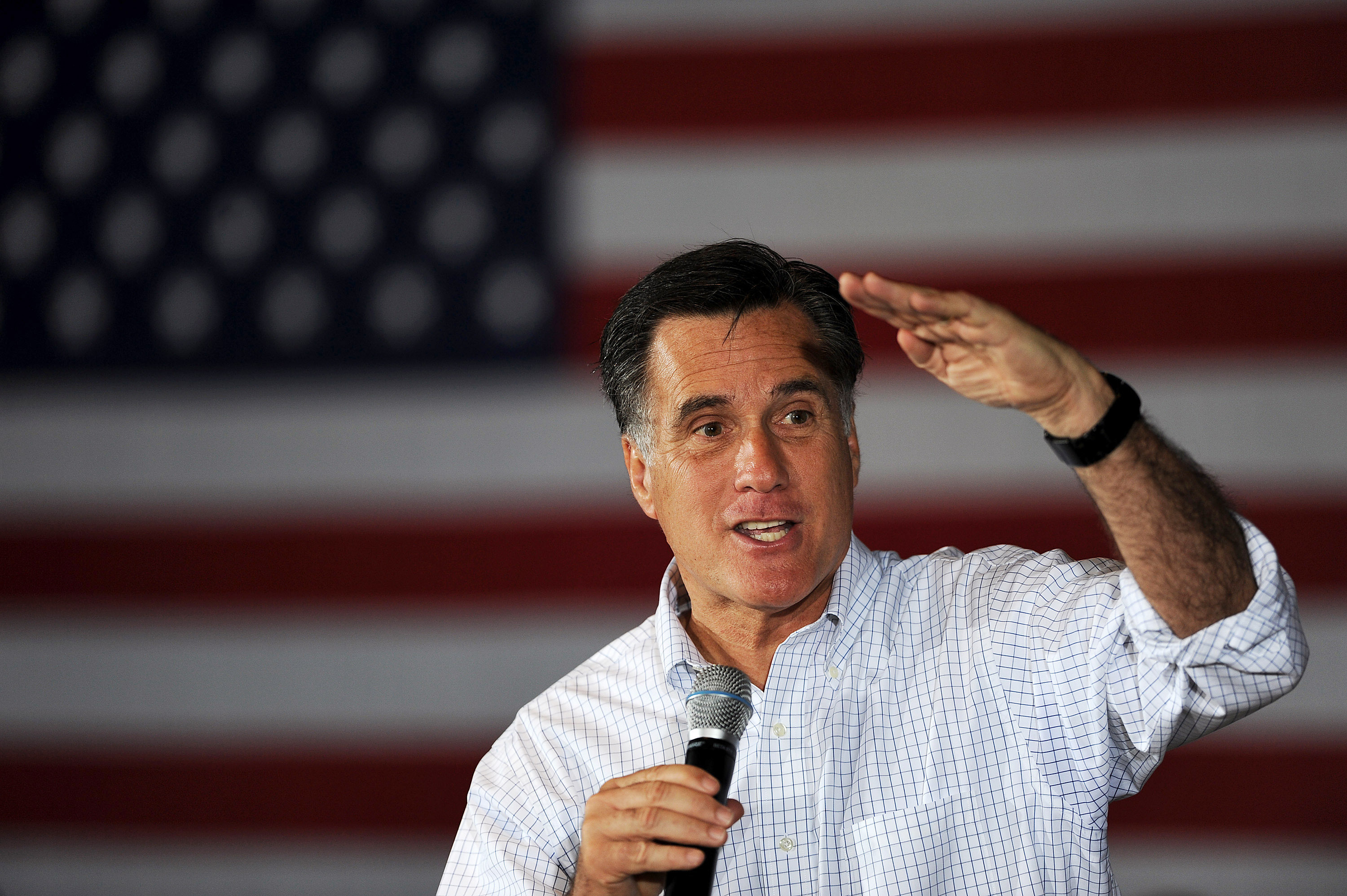How is Mitt Romney linked to the charity tax debacle? I thought I’d pass on to CoffeeHousers an explanation which passed on to me about the origins of this latest mess.
It dates back to the point in the Budget negotiations where Nick Clegg had finally persuaded Osborne to introduce a Mansion Tax. A major coup for his party — but Cameron vetoed, thinking it’d hurt Boris in London. Clegg is annoyed, tells Osborne he can’t have his 40p tax, but he still has a problem. A Lib Dem spring conference is coming up — so what will he announce? He hunts for a new idea. The Thursday before the Lib Dem conference, he’s having a late-night brainstorming session in the Cabinet Office with his aides — fuelled by a drop of whisky. Mitt Romney’s tax is in the news: he used various vehicles to cut his liability to less than 15 per cent. The Democrats had proposed a plan calling for a minimum 30 per cent rate on everyone earning over $2 million. Great idea, Clegg says, let’s do a version of that — call it a ‘tycoon tax’ and crack down on any Romney types that may be lurking around in Britain. This was duly announced at the Lib Dem conference in Gateshead in March.
Other Lib Dems (Matthew Oakeshott especially) are blindsided: where did this ideas come from? It’s not on the Lib Dem policy wish list — it looks like some random idea that Clegg got off the telly. It was, but what Clegg knew — and his critics didn’t — was that this Mitt Romney ‘tycoon tax’ wasn’t wishful thinking. It was going to happen because Osborne has already agreed it.
The tycoon tax had gone through ‘the Quad’, bypassing the rest of Cabinet (as all budget measures do). The members of that are Cameron and Osborne, plus Clegg and Danny Alexander. The Lib Dems were obviously up for the tycoon tax, Osborne didn’t object — and Cameron wanted to get Andrew Cooper of his back. Cooper, a pollster who is now running No.10 strategy, was strongly opposed to cutting the 50p rate and told Cameron that if it happened, he’d have to crack down on the rich in other ways. So Clegg’s ‘tycoon tax’ seemed the very thing. Osborne, anyway, was promising to empty a ‘tonne of bricks’ on tax-avoiders, so this fitted his theme.
It didn’t occur to anyone involved, let alone Osborne, that clamping down on ‘tax avoidance’ could hit philanthropy so hard. The policy, imported from the Obama vs Romney wars, just wasn’t properly thought through. So there was no political proofreading of the proposals or consultations with Jeremy Hunt’s department, or even Vince Cable’s — both of which could have alerted them to the problems it would cause. It was an exact repeat of the debacle over Osborne’s child benefit for top tax rate payers: an idea rushed out for a party conference, that had not been properly considered.
To top it all off, Osborne was not in the mood for looking at things too closely. He wanted to nip off to Washington, and join Cameron on the White House tour. Sure, the Budget was a few days away — but he could leave others to thrash out the detail. Except the problem was not operational, but political. The tycoon tax would undermine the Big Society and philanthropy agenda, and it required a politician — like Osborne — to think through the wider implications.
UPDATE: The Treasury have been in touch to say they did consider the impact on the Big Society, and the small print of the Budget pledged to ‘explore with philanthropists ways to ensure that this measure will not impact significantly on charities that depend on large donations’.








Comments